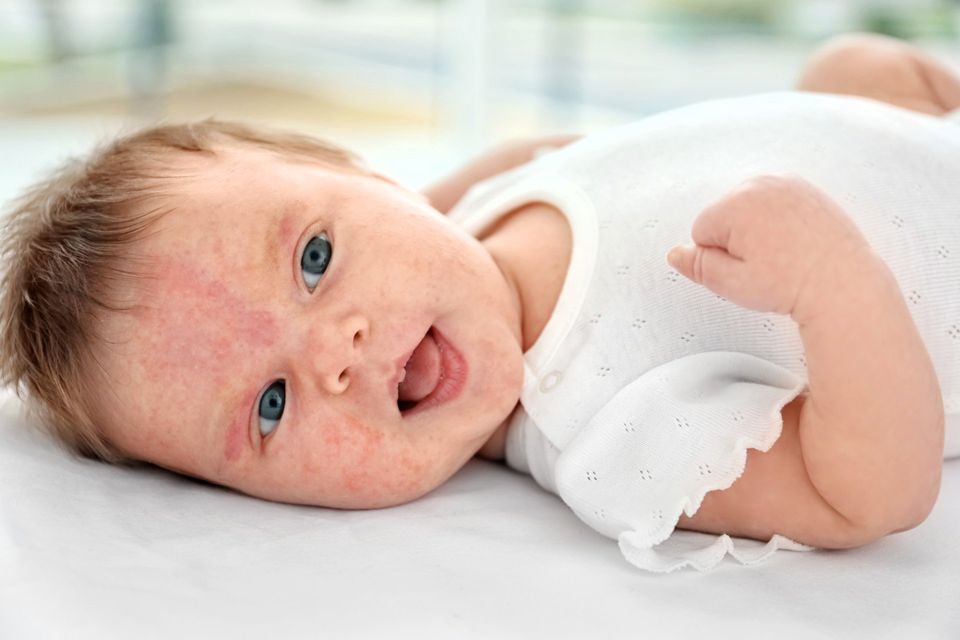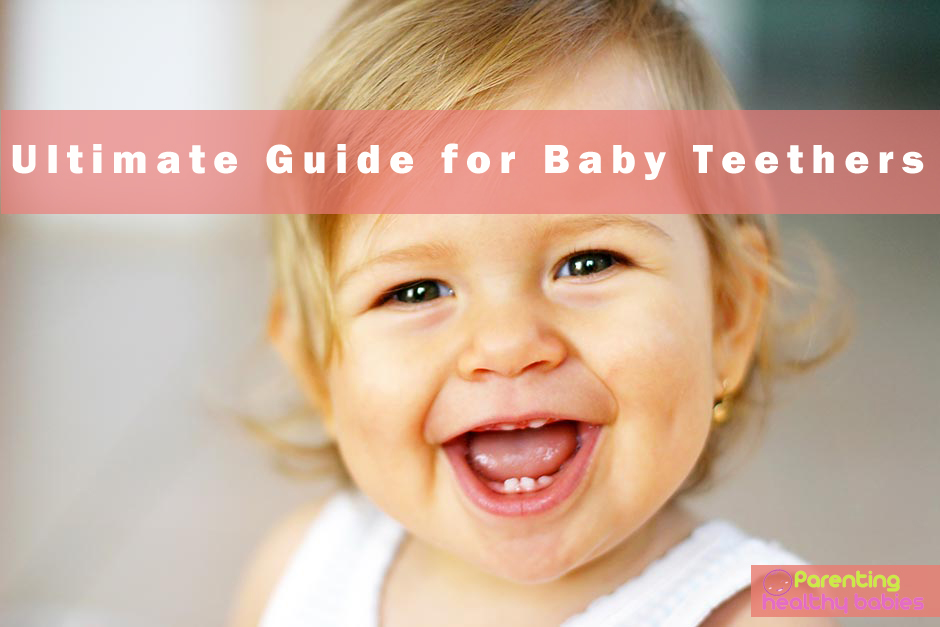A food allergy happens when a portion of food is viewed as an invasion by the immune system of the body, which usually fights infections. Consequently, there is an allergic reaction.
Even if previous reactions were minor, a person with a food allergy is always at risk of a fatal subsequent reaction. As a result, anyone with a food allergy should avoid the offending food(s) completely and keep injectable epinephrine on hand at all times in case of an emergency.
What Food Allergens Are Most Prevalent?
For parents, introducing solid food to their infant is a joyful milestone. Unfortunately, it raises a lot of queries and worries, particularly with regard to food allergies. Which foods most frequently cause allergies in infants? How do you keep them at bay?
According to recent research, it is safe to introduce a variety of foods, which may also help the immune system prevent the emergence of food intolerances. However, more research is needed in this area. For advice on what’s best for your infant, consult your doctor.
A child can experience an allergic reaction after eating anything, but three common allergens account for 90% of all reactions in kids:
- milk
- eggs
- peanuts
- Wheat, soy, and tree nuts (including walnuts and cashews) are all examples of legumes.
- Various seafood (such as shrimp)
- sesame
What Are The Symptoms And Indications Of A Food Allergy?
Item allergy symptoms typically emerge within a few minutes to a few hours of the food being consumed. If you’re giving your infant different dishes, watch out for these signs:
- welts or hives
- Skin itchiness or a rash
- Lip, tongue, or face enlargement
- diarrhoea and/or vomiting
- wheeze or coughing
- respiratory difficulty
- losing consciousness
Determine Any Food Allergies Progressively
If a newborn has a food allergy, it is critical that new foods be introduced to them gradually, one at a time. If not, a parent can find it challenging to link a food allergy to a particular new meal. For instance, you won’t be able to identify the specific meal that caused an allergic reaction if you introduce your kid to three new foods in one day.
As long as the food you are providing the infant is nutritious and well-balanced, it doesn’t really matter what kind of food you introduce to them or in what order. You should give yourself three to five days between each new food you introduce before introducing another. Don’t stop feeding your kid the other foods during that period; you obviously know they are secure because the youngster hasn’t previously experienced any adverse reactions to food. Just don’t include any fresh additions.
When to Call 911 for Severe Food Allergy Symptoms
An allergic reaction that is severe can swiftly result in death. Call 911 right away if your child is wheezing, has swelling on their face or lips, or experiences severe vomiting or diarrhea after eating. Your pediatrician can be informed later.
Managing Baby’s Mild Food Allergies
You should get in touch with your doctor for additional testing if you see any mild symptoms, including hives or a rash. Your doctor might recommend an allergist (a doctor who specializes in allergies), who will do a physical examination and ask you further questions. The following procedures might be needed to diagnose the allergies:
Skin examination: This test requires applying liquid food allergen extracts to your child’s forearm or back, pricking the skin, and monitoring the area for 15 minutes to see if reddish, raised spots appear. The result of a food allergy test indicates that your child may be allergic to it.
IgE antibodies to particular meals are examined in the blood by blood testing.
Just because a baby’s response to a new meal may be moderate at first, it could become severe if they are exposed to it again and again. If your baby exhibits any indications of a food allergy, discuss it with your pediatrician.
Certain sensitivities disappear with time. While shellfish, peanut, and tree nut allergies are frequently worse with age, egg and milk allergies frequently disappear as kids get older. Fortunately, research shows that even in infants as young as 1, peanut allergies can be successfully and safely treated with doses of peanut immunotherapy administered sublingually. Additionally, it was shown that they considerably lessened the patients’ sensitivity to peanuts.
Family Food Allergy Relationship
Your baby has a higher chance of having food allergies if there is a history of the condition in the family; however, this is not a guarantee. If you have allergies, there is a 50/50 chance that they will, too.
The eight allergens should be introduced gradually over the course of one to two weeks so you can determine whether an allergy manifests.
Easy Ways to Protect Baby From Food Allergies
The American Academy of Pediatrics has changed its position from its previous recommendation and now advises that suspected allergies be administered to your newborn as soon as possible. In fact, by doing this, you might be able to keep them from becoming allergic to certain foods in the future.
The best way to stop your baby from developing a milk allergy is to breastfeed them for four to six months. Keep in mind that formula or breast milk has a higher nutritional value. Under a doctor’s supervision, you should start introducing whole milk. Because the proteins in yogurt and soft cheeses have been broken down, they are safe because they are less likely to upset your stomach.
It is now recommended by the American Academy of Pediatrics to introduce peanuts to infants who have a high risk of developing allergies between the ages of 4-6 months. Infants with eczema, egg allergies, or both are most likely to acquire peanut allergies. In the past, people used to think that exposing your baby to food when they were older could help you manage any food sensitivities.
Between the ages of 6 and 9 months, you should gradually introduce other potential allergens such as tree nuts and fish.
Infant botulism, a potentially fatal condition caused by honey, should not be introduced to infants until they are at least one year old (some doctors recommend two). Consult your child’s doctor for advice.
References:
American Academy of Pediatrics: “Starting Solid Foods.”
Rachel Lewis, MD, is an is an assistant professor of clinica at the pediatrics, Columbia University College of Physicians and Surgeons, New York.
American Medical Association: “Allergic Reaction: Food Allergies are Increasing, Especially Among Children.”
Medline Plus Medical Encyclopedia: “Food Allergy.”
Kidshealth.org: “Food Allergies (for Parents)”













